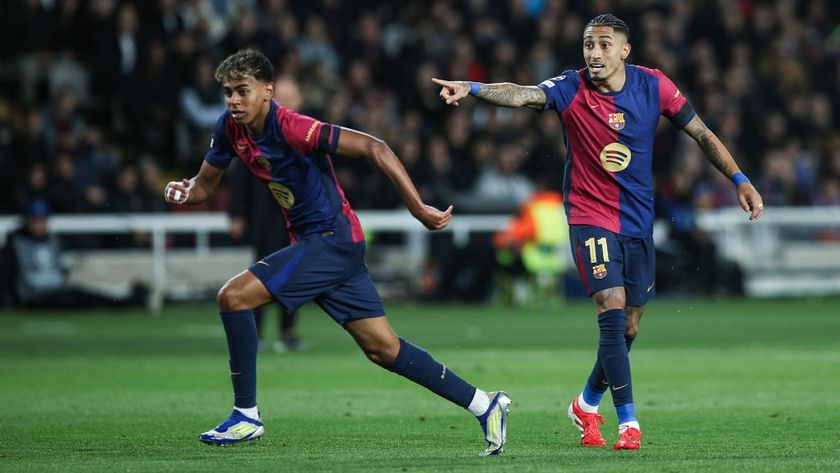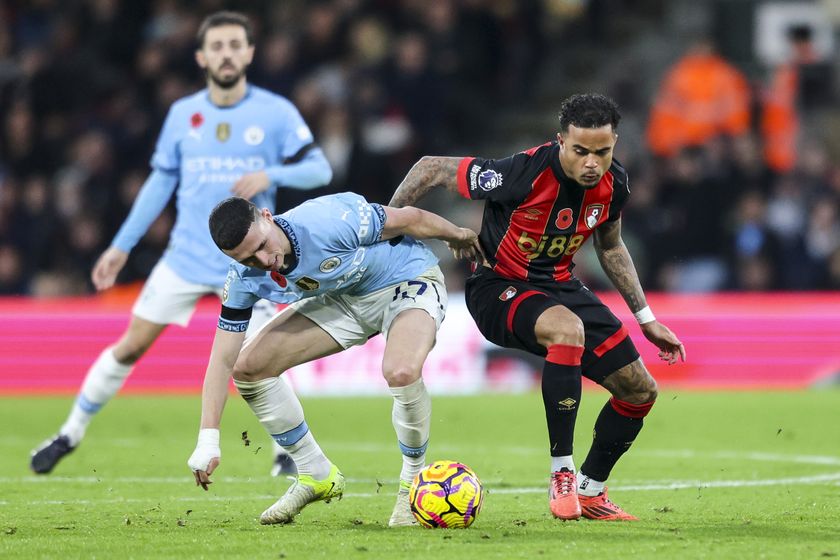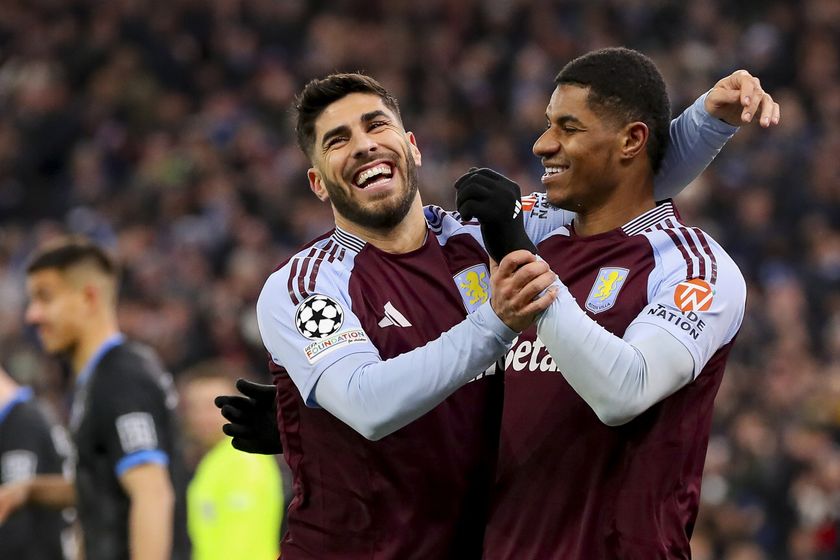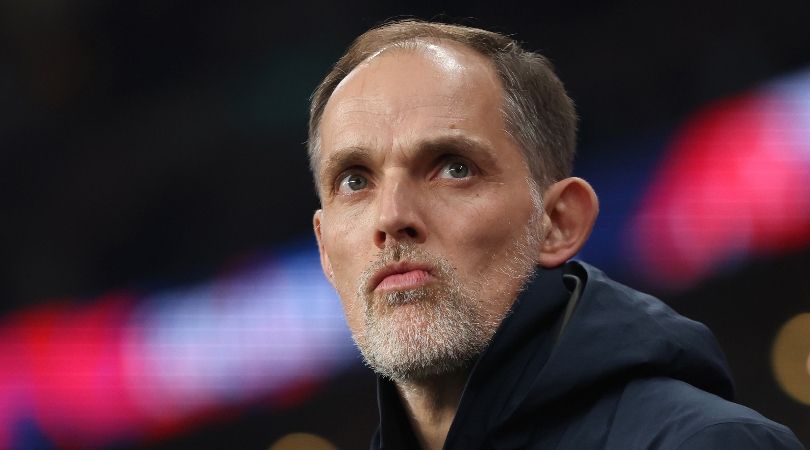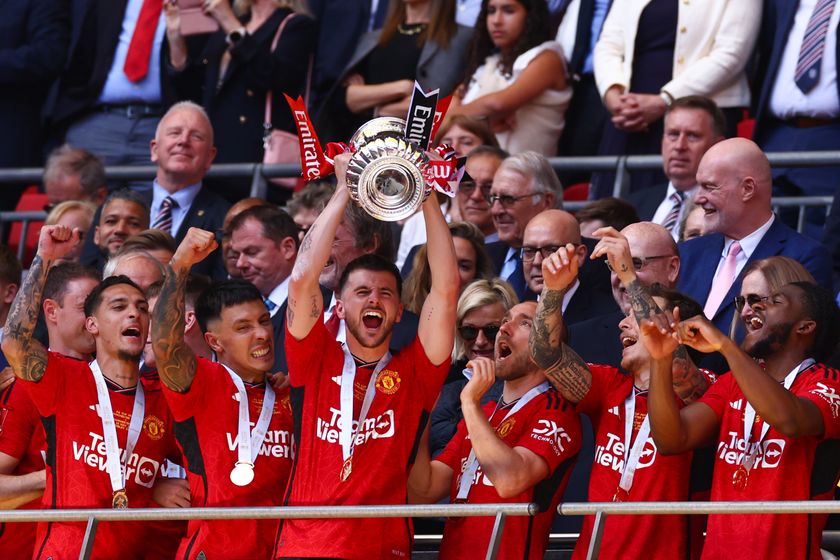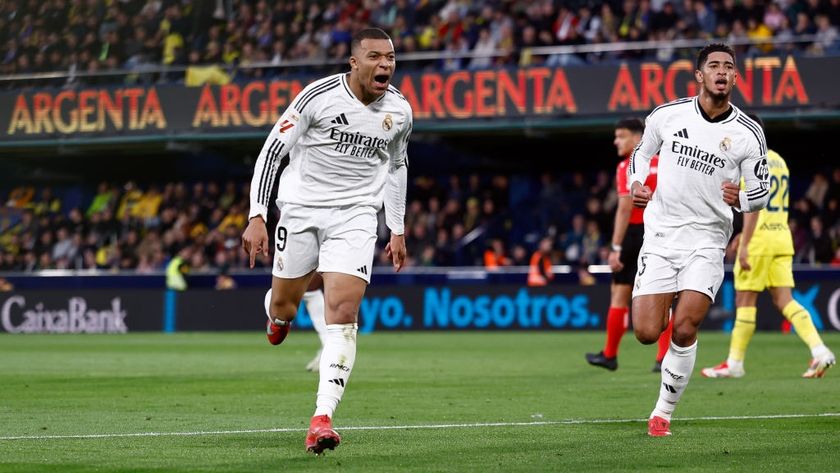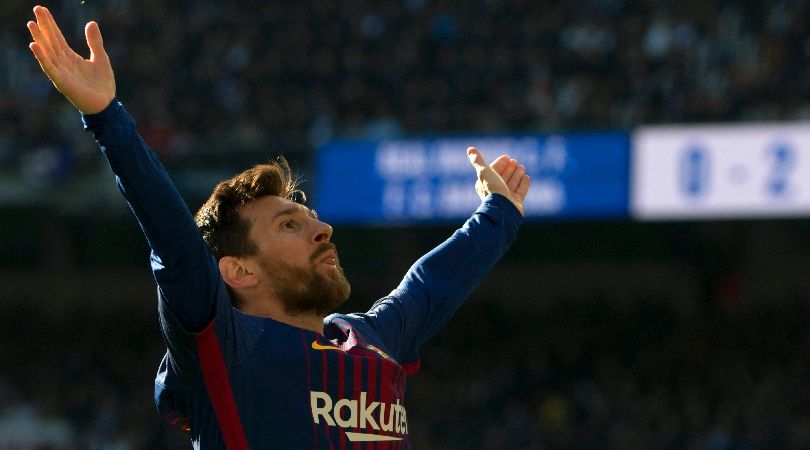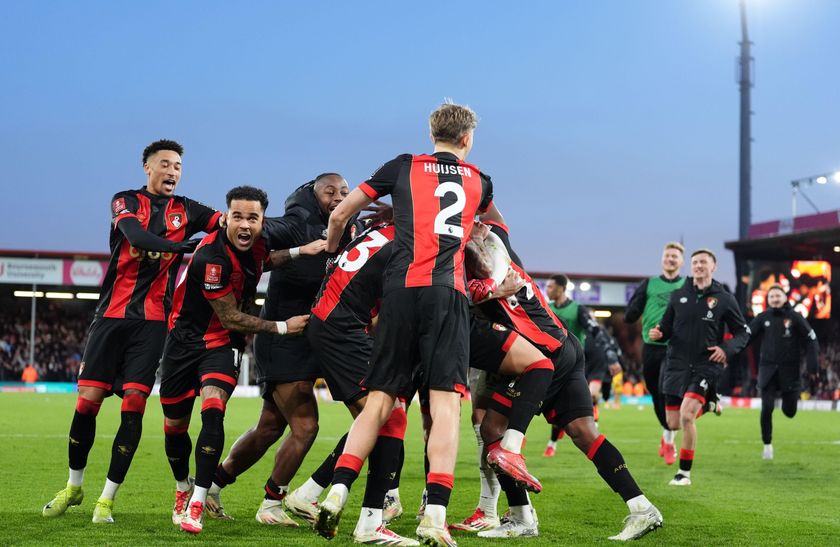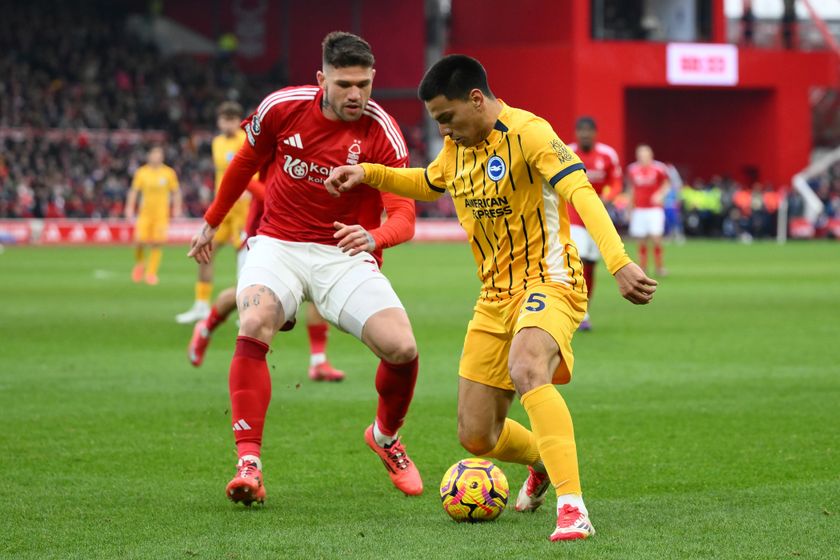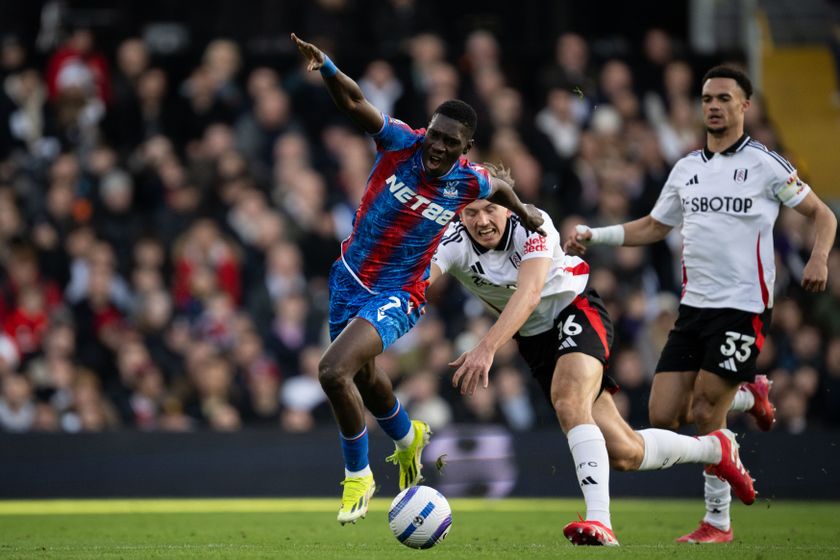Why Dutch football is unpredictable domestically and unproductive in Europe
Mohammed Moallim investigates why Eredivisie clubs are failing in Europe...
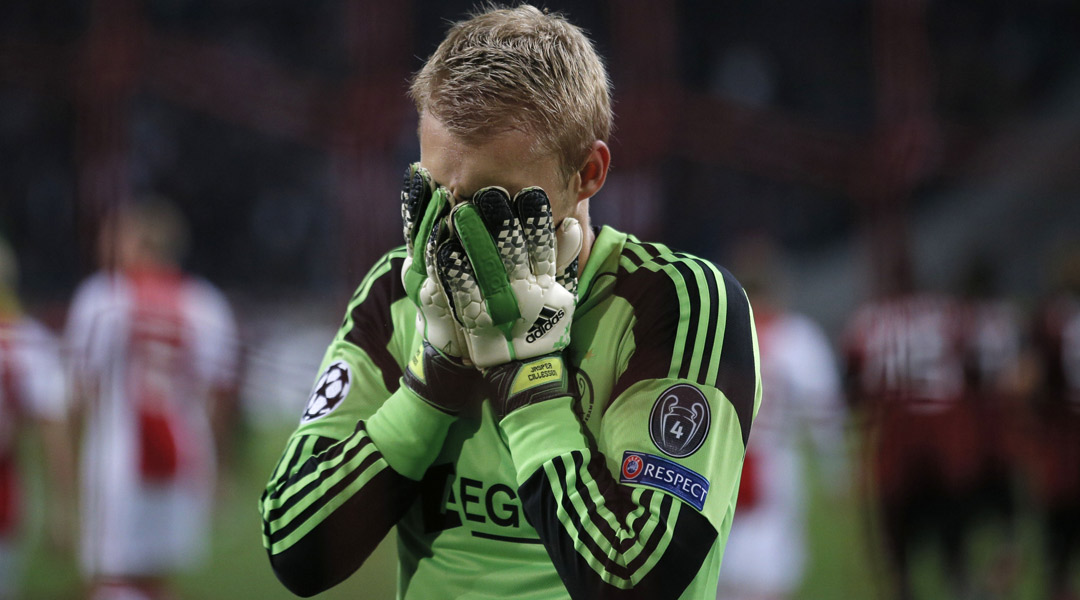
In recent years the Dutch Eredivisie has emerged to become one of Europe's most unpredictable leagues. But is the price of genuine competition a lack of success on the continental stage?
This is far from the first close-run race in the Netherlands, but this season is tighter than ever. After 12 rounds, the gap between first and last is 13 points; it's just three between leaders AZ and eighth-placed FC Groningen.
For comparison, in Italy those gaps (after 11 rounds) are 26 points between top and bottom and 17 between first and eighth; in Spain (12 rounds), it's 25 and 17; in Germany (11 rounds) it's 22 and 14; in France (12 rounds) it's 21 and 11, and in England (10 rounds) it's 22 and 8. The Eredivisie as a whole is roughly twice as competitive, and much more so at the top end of the table.
There are many possible reasons for this levelling of the playing field – such as the recent economic reality, going back to the Bosman ruling and subsequent globalisation of the game. That can stop the big clubs getting too big.
Get FourFourTwo Newsletter
The best features, fun and footballing quizzes, straight to your inbox every week.
Even so, using the term 'strength in depth' could be misleading as the cream usually rises to the top: Ajax's 'three-peat' means they have been champions since 2011 while the other members of the traditional Dutch triopoly,
Feyenoord and PSV have been second and third for the last two seasons. However, the gap between the old guard and the rest isn't as wide as it once was. One reason cited is the ever-changing nature of squads: the loss of key players in the summer, which every team goes through, means rebuilding, even for the biggest clubs.
With the Eredivisie being one of the poorest leagues in Western Europe, foreign players at or near their peak are reluctant to move, seeing it as a step down – financially as well as competitively – further strengthening its reputation as a development league.
While most squads in European top flights are laced with continental experience, finance dictates that those in the Netherlands continue to become younger, more inexperienced and bereft of the excellence needed to compete on the continental stage.
Possessing potential greats is one thing, but soon as they gain invaluable experience and start living up to their promise, they move on – weakening their teams who therefore fail to compete on the European stage.
Dutch domination: the glory years
No Dutch club has won a European competition since Feyenoord won the UEFA Cup in 2002. It's the country's longest trophyless period since Ernst Happel's Feyenoord won the European Cup in 1970.
It's easy to forget what a successful nation the Netherlands was in those three decades, amassing 11 major titles: six European Cups (1970, 71, 72, 73, 88 and 95), four UEFA Cups (1974, 78, 92 and 2002) and that 1987 Cup Winners' Cup. Add five runners-up finishes – FC Twente and AZ in the UEFA Cup respectively (1975 and 1981), Ajax in the European Cup twice (1969 and 1996) and Cup Winners' Cup (1988) – and the average becomes a Dutch finalist every two years.
It's all very different now. "Dutch teams have no business in the Champions League," insists Wim Kieft. A 1988 European Cup winner with PSV, Kieft believes they should focus on the Europa League. But even that's proving to be difficult, with the best young Dutch players emigrating and no experienced foreigners replacing them.
The last time a Dutch side made it as far as a European semi-final was 2004/05, when the UEFA Cup's top scorer was Alan Shearer. This year, although AZ should get through Group L, PSV are way off Bulgarian side Ludogorets Razgrad's pace in Group B and hoping to hold off Ukrainian outfit Chornomorets Odesa for the runners-up slot. Meanwhile, Ajax are bottom of Champions League Group H.
Will it get worse before it gets better?
Many ask what can be done, but the answer is unclear. You're only as strong as the league you play in: there's a reason why English, Spanish and German clubs will continue to dominate the European landscape occasionally threatened by sides from Italy, Portugal, Russia, Ukraine and France.
The belief that this is only a blip becomes increasingly difficult to justify. Abject showings in Europe can be attributed to many factors, but the downward spiral of the past decade is arguably accelerating. Despite what some argue, it's hard to see Financial Fair Play affecting the status quo.
Even so, clubs are far from resigned to their fate. The country and its clubs have frequently overcome problems of size: historical success is a testament to Dutch ingenuity. Now teams live within their means, in a modest league, with an unwavering commitment to youth football and a sporting policy centred on developing young talent. The academies of Ajax and Feyenoord are the envy of Europe.
The great philosopher Cruyff once said "every disadvantage has its advantage." Dutch football's decline in Europe has inadvertently made its championship more competitive, and therefore more watchable. Eredivisie managing director Frank Rutten previously spoke of his pride that the Dutch title is openly fought between more than two sides unlike in other parts of Europe.
This lack of duopoly is only good for competition and interest, domestically and abroad. This led to a bumper new domestic television deal signed with Fox International Channels (who purchased 51% of Eredivisie Live the pay-TV channel owned by all 18 clubs), came into effect this season, worth €1bn spanning over 12 years.
The new TV deal will make clubs better off than before, which could keep squads intact longer than at present, lessening the flight from the Dutch league. Even so, given that enormous wealth is now a prerequisite for continental competition, perhaps the Eredivisie's clubs need to readjust their aims.
Perhaps continental success should be not necessarily winning tournaments, but progressing to quarter-finals on a regular basis. The powers that be at the KNVB are concerned but know in this brave new world things will only get worse before they get any better. We are left to enjoy what is turning out to be a fascinating domestic campaign.
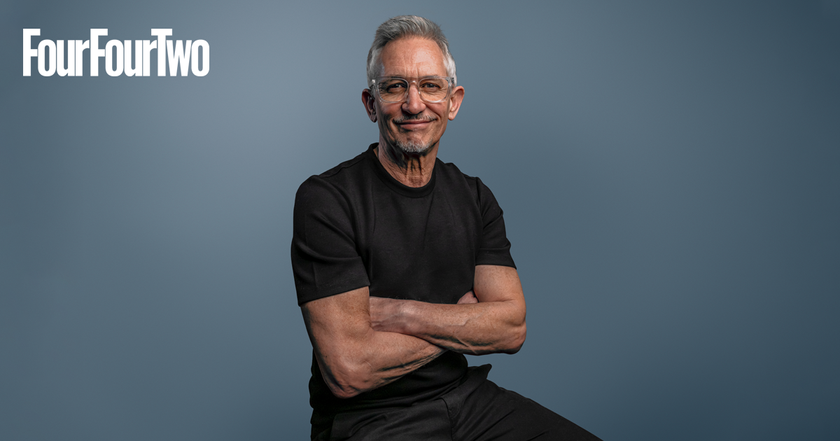
‘I understand why fans moan about the 3pm blackout because you can watch any game abroad. It’ll go at some point as broadcasters cough up more cash’ Gary Lineker discusses current TV rules with FourFourTwo
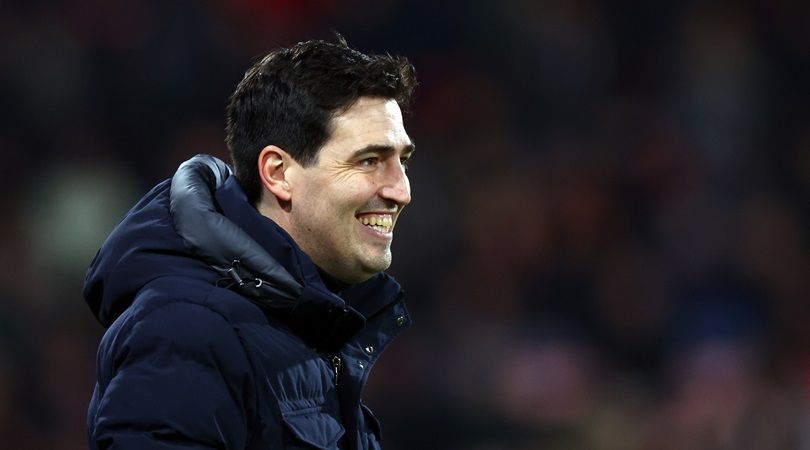
‘If I was Bournemouth, I’d be thinking if they can get past Manchester City, there’s no-one to stop them winning the FA Cup for the first time ever’ Former England star believes the Cherries have the ability to make history
